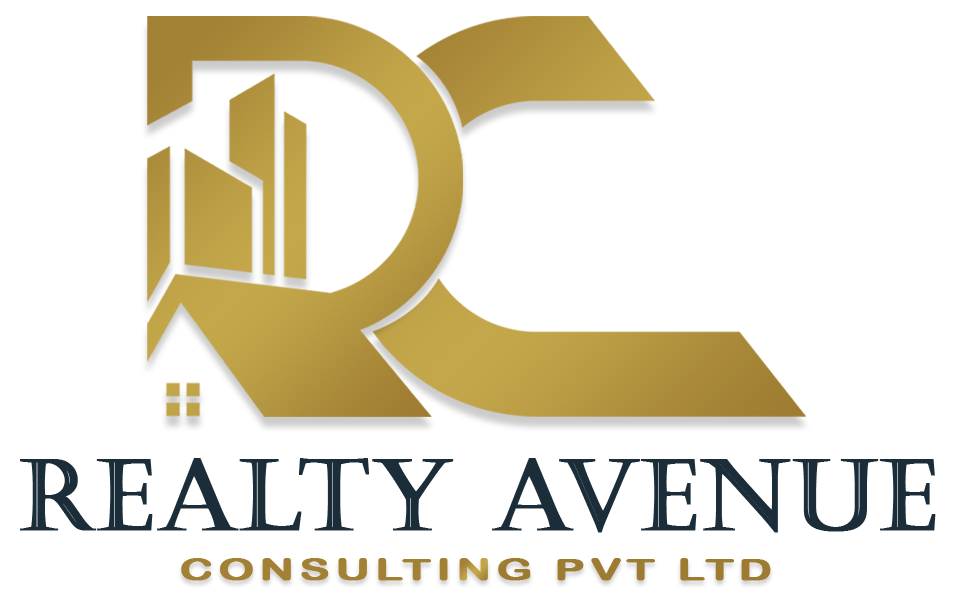Real Estate Experts: Qualifications and Tax Deductions You Should Know About
In the dynamic world of real estate, it takes more than just a keen eye for properties to succeed. Real estate professionals are not only entrusted with guiding clients through the intricacies of buying and selling properties, but they also have a unique set of qualifications and opportunities for tax deductions that can significantly impact their financial success. In this blog, we delve into the essential qualifications that make real estate experts stand out, and we unveil the often-overlooked tax deductions that can boost their bottom line.
Qualifications that Set Real Estate Experts Apart:
- Licensing and Certification: Being a licensed real estate agent is a fundamental qualification. It demonstrates that you have completed the necessary education and training to navigate the legal and ethical aspects of property transactions. Beyond licensing, obtaining certifications in specialized areas such as property management, real estate investment, or appraisal can enhance your credibility and expertise.
- Market Knowledge: Successful real estate professionals stay abreast of market trends, property values, and neighborhood dynamics. An in-depth understanding of the local market is a key differentiator, allowing you to provide accurate pricing recommendations and insightful investment advice.
- Negotiation Skills: The art of negotiation is paramount in real estate. Expert negotiators can secure favorable deals for their clients and create win-win situations. Strong communication, empathy, and problem-solving abilities are essential traits that set real estate experts apart.
Maximizing Profits with Tax Deductions:
- Home Office Deduction: If you have a dedicated workspace at home for your real estate activities, you may be eligible for a home office deduction. This deduction can cover a portion of your home-related expenses, such as rent, mortgage interest, utilities, and maintenance costs.
- Business Expenses: Real estate professionals often incur expenses while conducting business, such as mileage, marketing materials, and professional dues. These expenses can be deductible, reducing your taxable income and potentially resulting in a lower tax bill.
- Travel Expenses: If your work involves traveling to meet clients, view properties, or attend industry conferences, you may be able to deduct travel-related costs, including transportation, accommodations, and meals.
- Education and Training: Continuing education is crucial in the ever-evolving real estate landscape. The costs of courses, workshops, and seminars related to your profession are generally deductible.
- Depreciation: Rental property owners can benefit from depreciation deductions, which allow you to deduct a portion of the property's value over time. This can significantly reduce your taxable income and increase your cash flow.
Becoming a true real estate expert entails more than just property knowledge; it's about mastering the skills that set you apart and leveraging the available opportunities to maximize your financial success. By understanding the qualifications that define expertise and by harnessing the power of tax deductions, you can navigate the world of real estate with confidence and achieve your professional and financial goals. Remember to consult with a qualified tax professional to ensure you're taking full advantage of the deductions available to you.





.jpg)